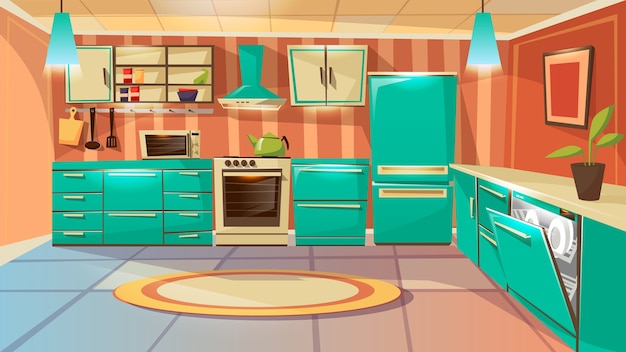Photo from https://www.freepik.com Website
The toilet seat has acquired an unfair reputation as the dirtiest item in the average household. But scientists say there are far filthier places in our house, some of them where we least expect. Dr Chuck Gerba, professor of microbiology at the University of Arizona, studies how diseases are transferred through the environment. This involves swabbing household items and measuring how many bacteria - and what sort - develop. His studies have found that on the average toilet seat there are 50 bacteria per square inch. "It's one of the cleanest things you'll run across in terms of micro-organisms," he says. "It's our gold standard - there are not many things cleaner than a toilet seat when it comes to germs."
We should be more worried about other household items, it seems. "Usually there are about 200 times more fecal bacteria on the average cutting board than on a toilet seat," he says. In the kitchen it doesn't necessarily get there through actual contact with feces. It comes via raw meat products or the viscera from inside of the animal, where a lot of the fecal bacteria originate. It would seem a safer place," he says. "Not that I would recommend it, but you might treat your cutting board a bit more like you do your toilet seat." It's because we all fear the dirtiness of the toilet seat so much that we regularly clean it, so perhaps this is the course of action we need to take with our chopping boards.
But the filthiest culprit in our homes is the kitchen sponge or cloth. According to Gerba, there are about 10 million bacteria per square inch on a sponge, and a million on a dishcloth. In other words, a kitchen sponge is 200,000 times dirtier than a toilet seat, and a dishcloth is 20,000 times dirtier. This is the same the world over. "Always the dirtiest thing by far is the kitchen sponge," says John Oxford, professor of virology at the University of London and chair of the Hygiene Council-an international body that compares hygiene standards across the world. Its latest study examines samples from homes in nine different countries, and finds that 21% of "visibly clean" kitchen cloths actually have high levels of contamination. The cloths also fail the bacterial test which looks for E.coli. The study identifies fecal bacteria in other places around the home, and this varies from one country to another. We found that countries like Australia and particularly Canada are high up on the hygiene list... Countries near the bottom are fairly routinely, unfortunately, India and Malaysia."
Many people don't realize they're talking dirty every time they pick up their phone, because they never clean it. "The average desktop has 400 times more bacteria than on a toilet seat." Beware the supermarket too. The Shopping trolleys are really bad," warns Gerba. What's more, about half of reusable shopping bags have fecal bacteria in them. "Some people have more fecal bacteria in their grocery bag than in their underwear, because they at least wash that." So what does this actually mean for us in terms of health risks? "These numbers of bacteria, particularly for E.coli, are huge," says Oxford. "E.coli is an indicator bacterium. It may not itself cause horrible disease, but it indicates feces is around and that might contain other organisms like salmonella and shigella which really are virulently pathogenic." But we all touch these perhaps startlingly dirty things every day, and on the whole we don't get constantly ill. "We're jolly lucky that as we've evolved over two million years, we have a whole set of genes whose only function is to get the immune system in action," says Oxford. "All of us, in all these countries we have gone to, rely on Lady Luck too much, keeping our fingers crossed or sitting on our hands. In a modern scientific society, what we want is people to realize there's a problem here and take action."
Wow! surely most don’t know that kitchen sponge and dishcloth are the dirtiest thing we should take care of. It’s just that we always keep our toilet seat clean and inside the toilet. But the dirtiest is the kitchen sponge because it reaches 200,000 times dirtier than toilet set. And meanwhile 20,000 are dishcloth. About 10 million bacteria per square inch on a sponge, and a million on a dishcloth.




No comments:
Post a Comment